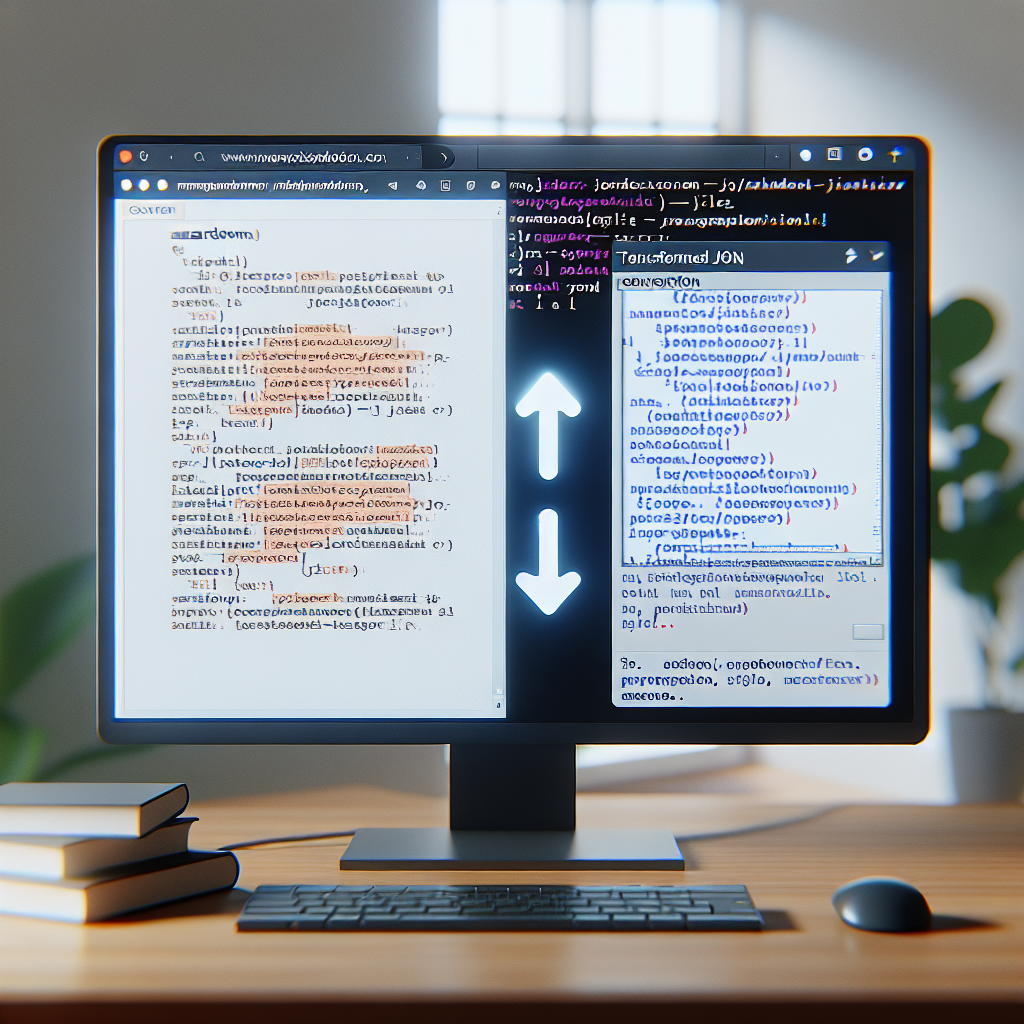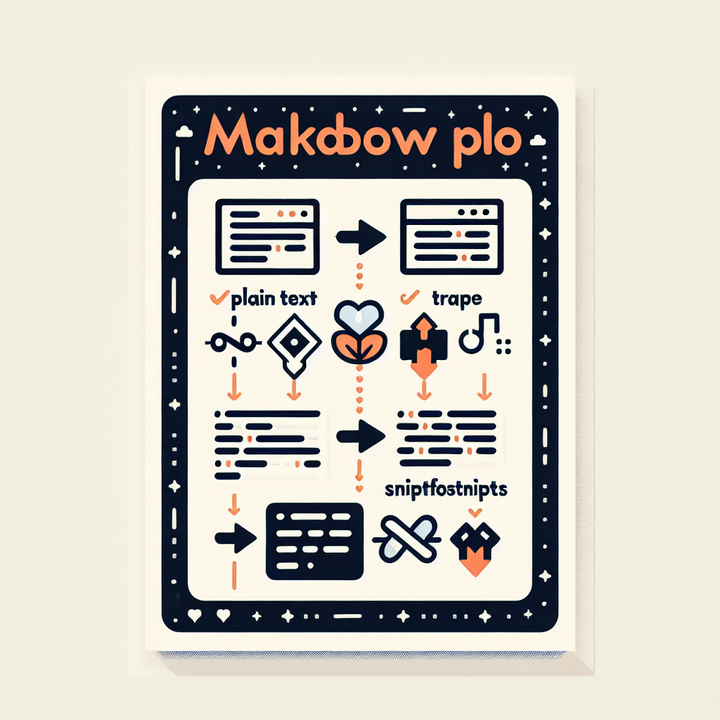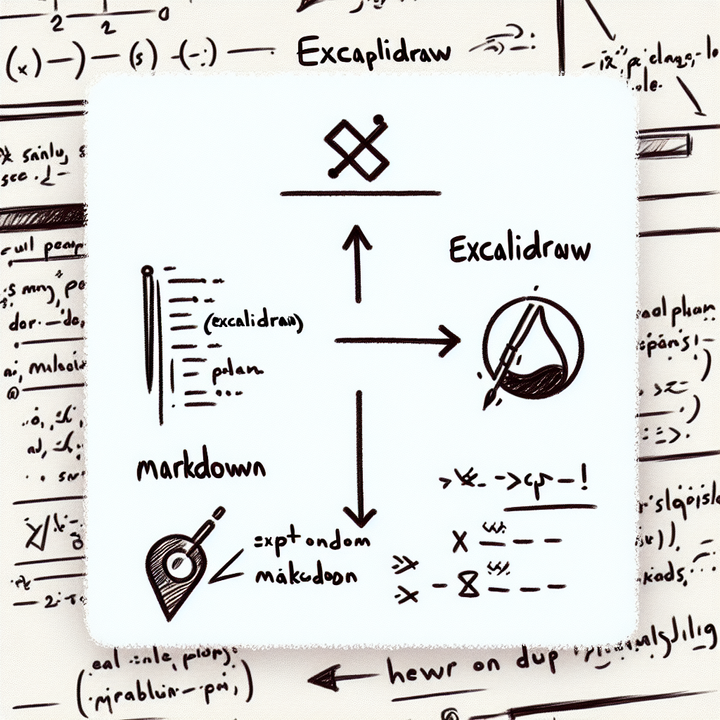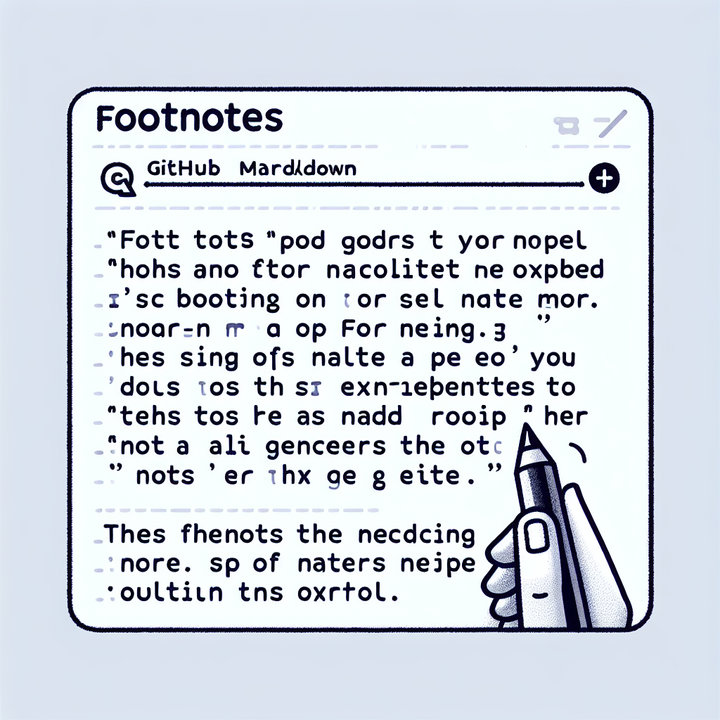Converting Markdown to JSON: The Ultimate Guide to Simplifying Data Transformation
Converting Markdown to JSON can enhance data processing efficiency and platform compatibility. This article introduces the basics of Markdown and JSON, and guides you on how to perform conversions using online tools and programming methods, thus improving work efficiency and flexibility.

"Tired of manually formatting your Markdown? Try our free, one-click Markdown converter and simplify your writing workflow today!"
In today's digital age, Markdown and JSON have become the standard formats for technical documentation and data transmission. Markdown is widely favored for its simple and readable syntax, while JSON stands out for its lightweight and structured advantages in data exchange. But how do you convert Markdown to JSON to leverage the strengths of both formats? This article provides a detailed guide.
What is Markdown?
Markdown is a lightweight markup language designed to quickly write formatted text using simple symbols. Whether it's technical manuals, blog posts, or project documentation, Markdown enables you to write and read content more efficiently.
What is JSON?
JSON (JavaScript Object Notation) is a lightweight data interchange format that's easy for humans to read and write, and easy for machines to parse and generate. With its simple structure and broad applicability, JSON has become the primary format for APIs, configuration files, and data transmission.
Why Convert Markdown to JSON?
- Unified Data Format: Converting Markdown to JSON allows for more efficient data transmission and processing across various platforms and applications.
- Enhanced Productivity: Automating the conversion process saves a significant amount of manual editing time, letting you focus on more critical tasks.
- Improved Data Readability: JSON's structured format is easier for machines to process, enabling more automated operations and analyses.
How to Convert Markdown to JSON?
- Online Tools: Numerous online tools can help you quickly convert Markdown to JSON. For instance, websites like "Markdown to JSON Converter" allow you to simply copy-paste content for conversion.
- Programming Methods: For developers, using programming languages like Python and JavaScript, you can write scripts or use existing libraries to convert. For example, using Python's
markdownlibrary andjsonmodule, you can easily parse Markdown into JSON format.
import markdown
import json
md_content = """
# Title
This is a paragraph of text.
## Subtitle
- List item 1
- List item 2
"""
# Convert Markdown content to HTML
html_content = markdown.markdown(md_content)
# Create a JSON object
json_data = {
"content": html_content
}
# Convert JSON object to string
json_str = json.dumps(json_data, ensure_ascii=False, indent=4)
print(json_str)
Practical Application Example
Suppose you're writing a technical document and want to quickly display and parse it on a web page. By converting the document from Markdown to JSON, you can use JavaScript on the frontend to read and display the content dynamically, thereby enabling the modification of format and content in real-time.
Conclusion
Converting Markdown to JSON can not only enhance the efficiency of data processing but also allow for more flexible application development. If you haven't tried this conversion method, try using the tools and code examples provided in this article. Whether you're engaged in technical writing or data processing, this skill will significantly boost your operational efficiency and work quality.
Explore more about Markdown and JSON, and make your technical documentation writing and data communication simpler and more efficient. Start your conversion journey now!



Comments ()